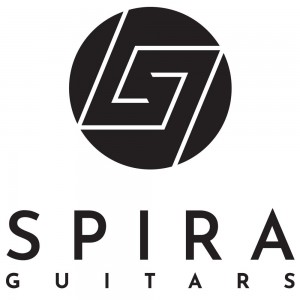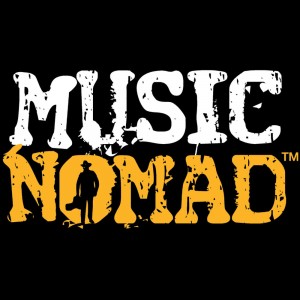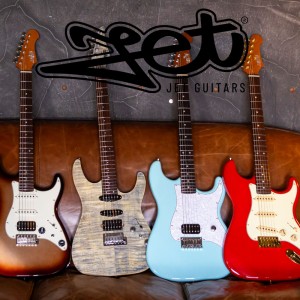
Well hello again.
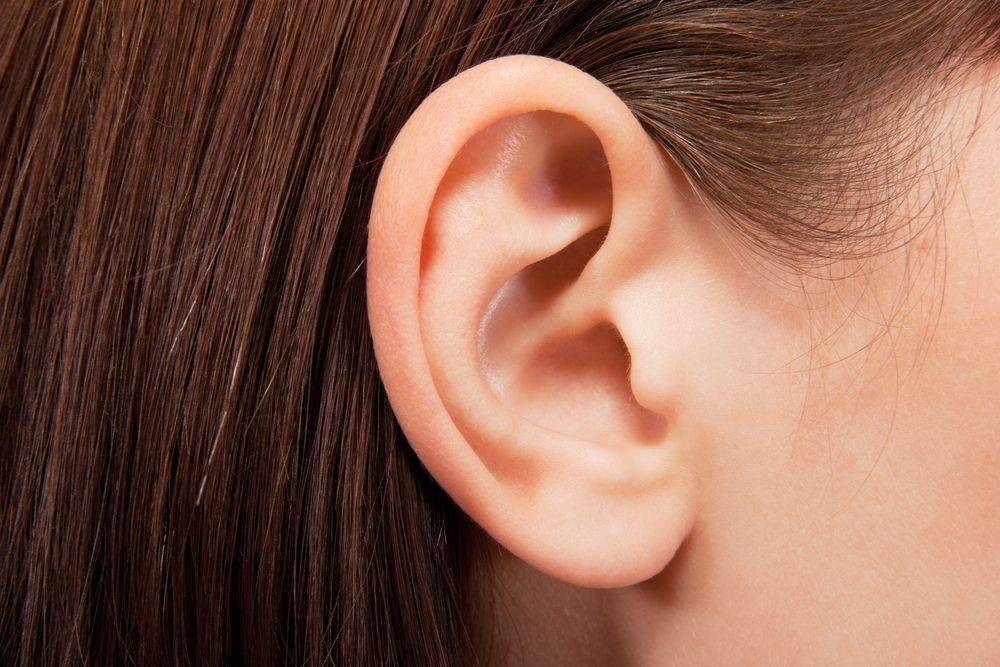
These are important.
Let’s have a chat shall we? Well, no. Unless the comments section is suddenly alive, in which case please, lend me your thoughts!
So, I’d like to explore some of the reasons we buy what we buy, how we buy it and whether or not the details of the machinations of the decision have been examined. Or influenced. Not that I’m ever saying you’re not considered, you certainly are, but I think it might be worth talking about.
When you wander into a music shop, what are your initial thoughts? Are you walking in open eyed; you know you want/need something but are ready to experience the unknown. Or, are you already decided? Have you attached yourself to a particular product or brand and are singularly positioned to seek out only that? There’s nothing really inherently right or wrong with either position but it is interesting that, in my experience, the second outlook is all the more common. People, all of us (me included) are prone to being swayed in particular directions. This is why advertising works. Indeed, while many of us think we are immune, or above, or savvy to the effects of the giant, grinding marketing machines, we are all influenced. Perhaps in small ways, sometimes unnoticed, but the influence is there
Companies obviously want you to purchase their products. This is an industry and that’s how things survive and thrive and advertising is clearly a hugely important tool in swaying opinion towards a particular brand or item. This influence can be seen quite prominently in the world of cymbal sales, so I’m going to talk about that, but I believe the theory translates to other disciplines.
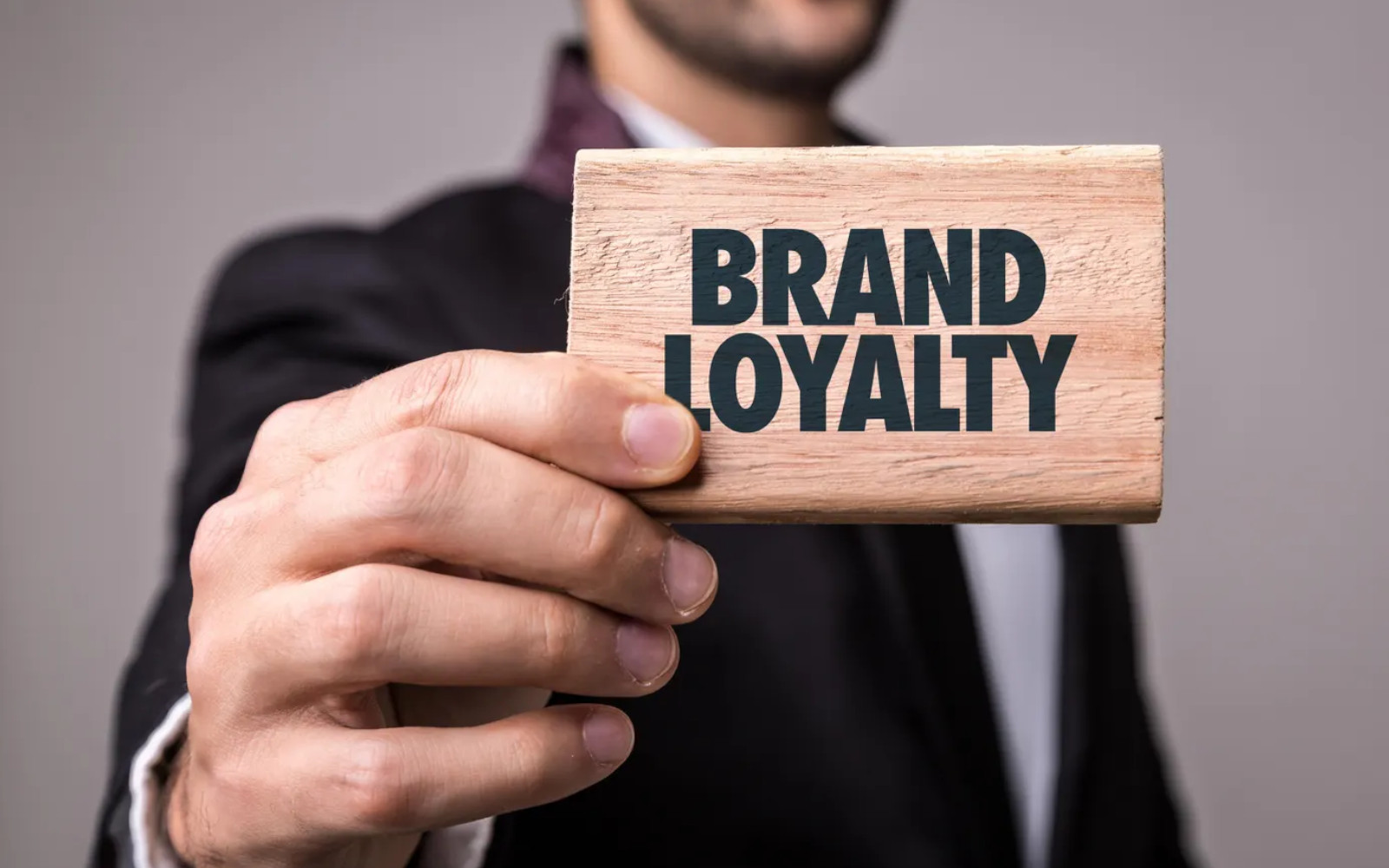
At some point you will have bought yourself a cymbal or cymbals to expand your musical career. These instruments are no doubt branded. They serve you well. You enjoy creating music on them, you feel inspired and you grow as a musician and as a human. Then, there comes a time when you want to add to your collection and expand and it is here the machinery of business becomes apparent. Say you purchased a Meinl cymbal pack to get yourself started and now you want to add to your set up. Subtly, you have been told that only Meinl cymbals will now match what you already have and that you either need to purchase more Meinl or, should you want to change your loyalties, you need to sell everything and start again with something else.
You can do this of course, if you want to, but you don’t have to.
Cymbals (and all instruments) are sounds, and, like notes on the scale, some go together and others, at times, less so. There is no reason that a sound which is branded Meinl and a sound similarly branded Paiste (or whomever) need not coexist. They are colours on a palette. Who’s to say that the Meinl Trash Crash won’t sit well with your existing cymbals. Try out some Paiste rides while you’re at it, there’s a very good chance you might find something you like. Or not, and that’s fine too. What is important really, I think, is that you simply test your existing cymbals with the cymbal you wish to purchase. Bring them to you local music shop, set up two stands and see if they work together. Ask for advice, that’s what we’re here for, but chances are you’ll know it when you hear it.
You have a sound in your head, the place you wanna go musically. This sound will change and evolve with time and practice and mood but it will always be there in some way. You need to be true to just the sound and not to what you have been told by manufacturers. Of course, you will have preferences, some companies may simply suit the sound in your head better than others, but don’t be afraid to change your mind. Explore sounds, that’s what this game is all about.
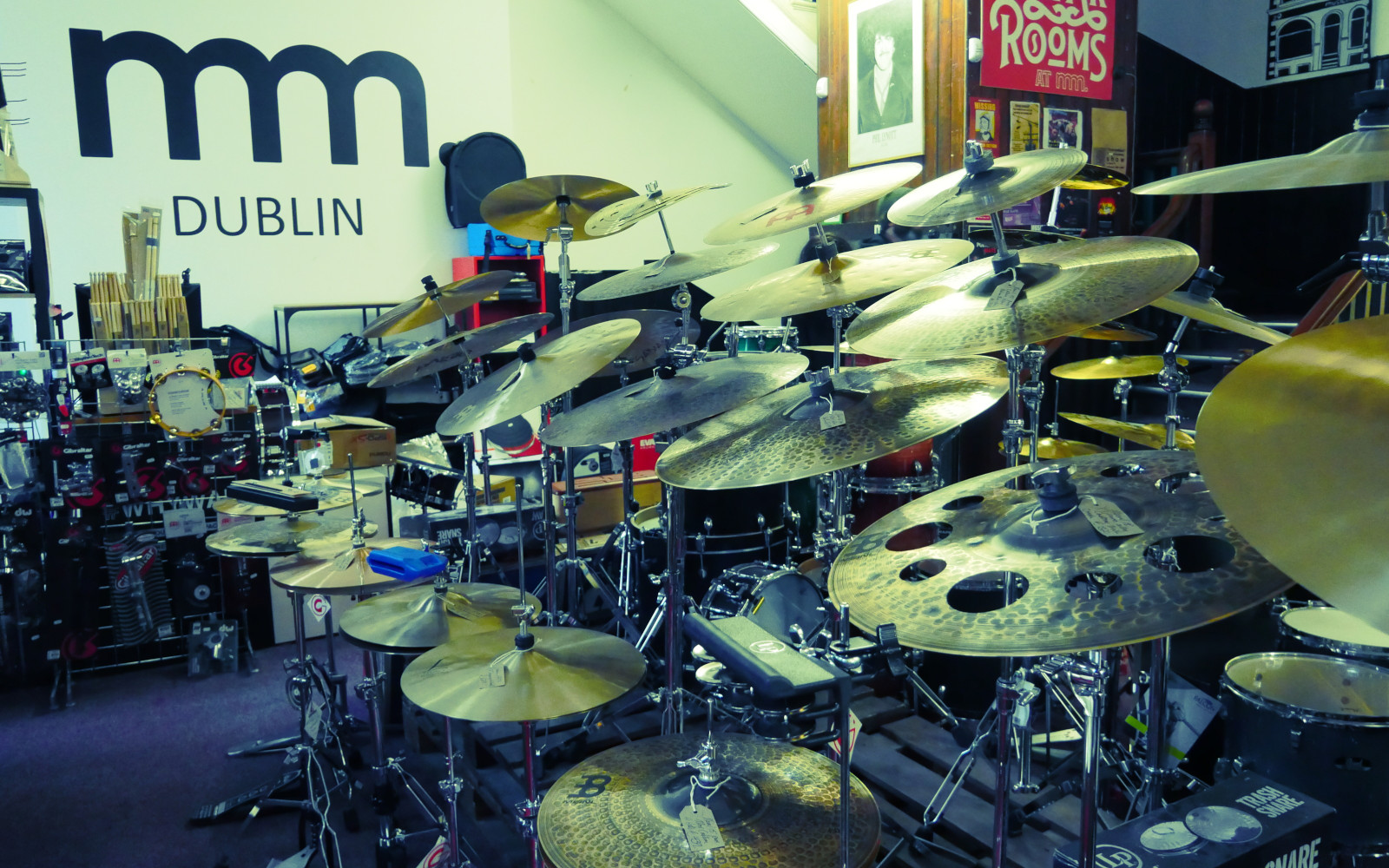
There here to be heard!
Herein we come across another reason why it is important to play cymbals and decide for yourself. A cymbal is a chunk of metal, bronze usually, either machine or human hammered into its desired shape. Metal is a naturally occurring substance and as such it can possess many tiny imperfections or differences in structure and composition, differences which will, undoubtedly, affect the sound of the finished cymbal. This means that unfortunately, or more likely, fortunately; No Two Cymbals Will Sound The Same. Two models of the same cymbal from the same manufacturer cannot sound exactly the same. They can sound fairly similar and often do depending on the model and production process, but sometimes they can sound wildly different. This is simply the nature of metallurgy.
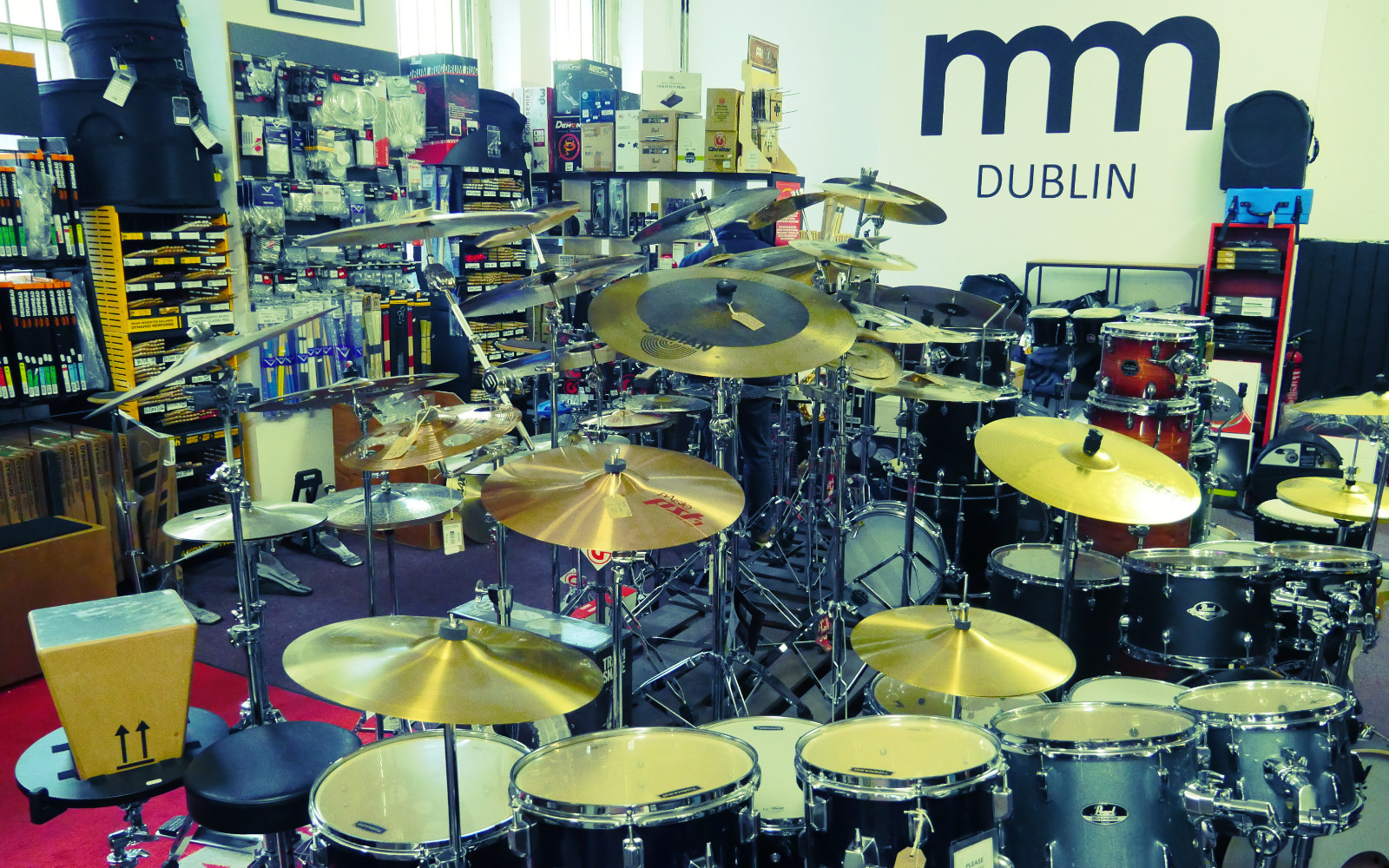
So if there’s a cymbal (or any instrument) that you are interested in, find somewhere that has it and go and have a listen. Try a couple of models of the same product if you can and maybe you’ll be surprised at just how different they sound. One might really, really hit the sweet spot. In the same vein, if you try out a cymbal and really like it, then go and purchase the same thing elsewhere without testing it, it’s not going to sound exactly the same. It can’t.
I’m not giving out about manufacturers inconsistencies by the by, this is just sonic science.
The most important thing is that you listen. Your ears will tell you all you need to know. Trust yourself.
Music is listening, it’s feeling. Choose your instruments with that in mind.
Come and visit us! We are always sitting at the heart of Dublin city, awaiting visitors. I mean obviously we're not just sitting there, we're very busy with all of the....things......but you know what I mean.
Do pop in.

